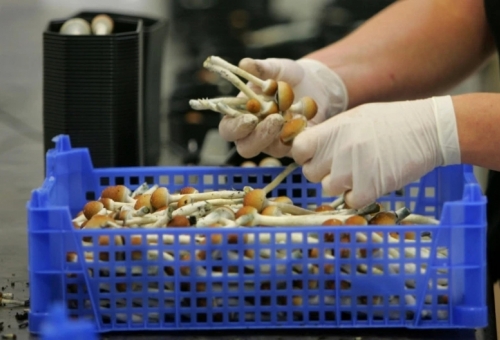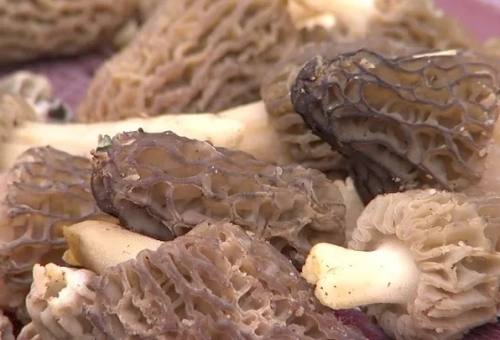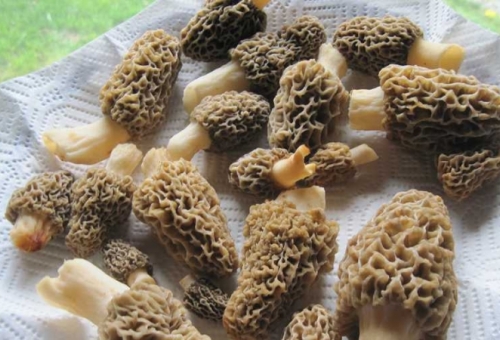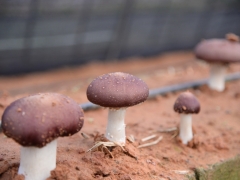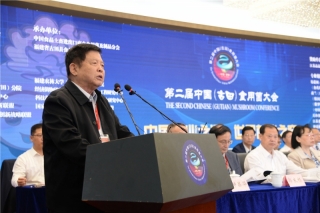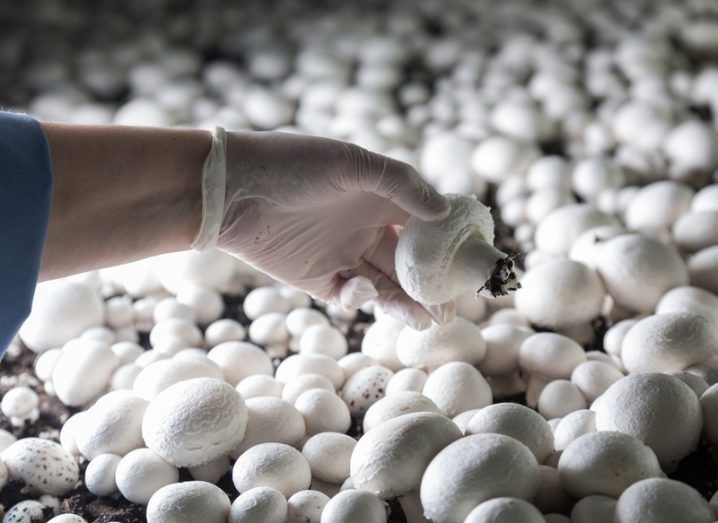
Producing biofuel is actually a pretty environmentally unfriendly business, but a new discovery could be about to change all that.
As the world deals with the realities of climate change, the need for clean and renewable energy and fuel sources has become an immediate concern.
One particular option that has become increasingly popular is biofuel produced from typical food crops. However, this approach is highly costly and competes with food production in the use of land, water, energy and other environmental resources.
On that note, a team of scientists from the National University of Singapore has found a biofuel candidate that can be harnessed from a common food waste product, making it exponentially better for the environment without taking away from food production.
Publishing its findings in the journal Science Advances, the research team revealed that a naturally occurring bacterium called Thermoanaerobacterium thermosaccharolyticum (TG57), isolated from waste generated after harvesting mushrooms, is capable of directly converting cellulose (a plant-based material) to biobutanol.
The TG57 strain was first identified in 2015 and since then, the team has produced cultures of the strain to examine its properties.
“The production of biofuels using non-food feedstocks can improve sustainability and reduce costs greatly,” said Prof He Jianzhong of the research team.
“In our study, we demonstrated a novel method of directly converting cellulose to biobutanol using the novel TG57 strain. This is a major breakthrough in metabolic engineering and exhibits a foundational milestone in sustainable and cost-effective production of renewable biofuels and chemicals.”
Can run in current cars
Biofuels sourced from agriculture, horticultural and organic waste are expected to meet growing energy demands without increasing greenhouse gas emissions resulting from the burning of fossil fuels. These cellulosic materials are in great abundance, environmentally friendly and economically sustainable.
Of the various biofuel types, biobutanol shows great promise as a petrol substitute because of its high energy density and superior properties. This means it could directly replace gasoline in cars without needing to make any modifications to the engine, making it both much cheaper and more attainable to the average person.
Until now, however, commercial production of biobutanol has been hampered by the lack of potent microbes capable of converting cellulosic biomass into biofuels.
Adding to its importance, the fermentation process for the TG57 strain is simple, and no complicated pre-treatment or genetic modification of the microorganisms is required.
If the team achieves all of its goals, we could soon be driving cars with a cheap and renewable source of fuel.





